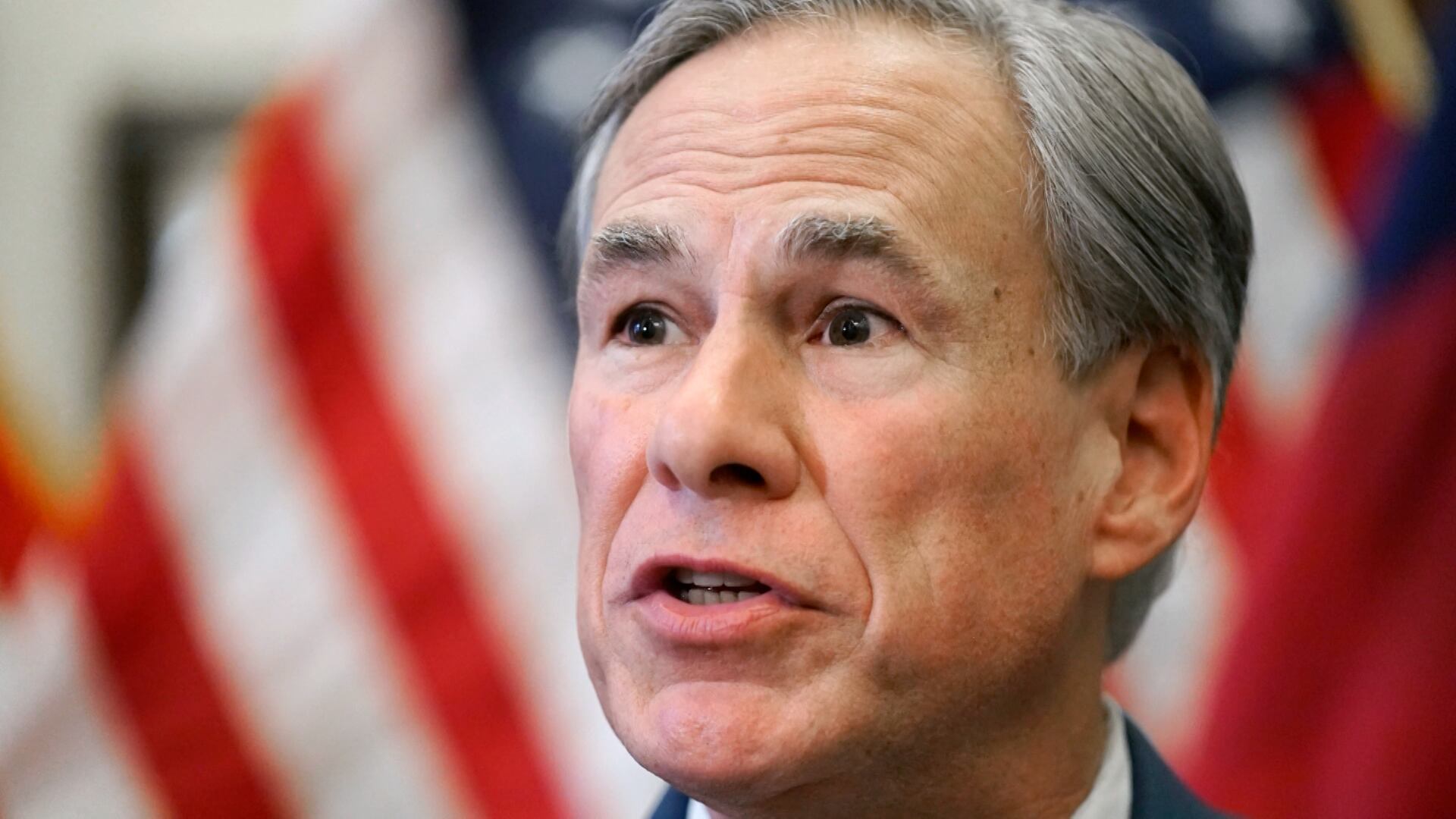By Hyung-Jin Kim, Kim Tong-Hyung, Tara Copp and Lolita C. Baldor
North Korea was silent about the highly unusual entry of an American soldier across the Koreas' heavily fortified border although it test-fired short-range missiles Wednesday in its latest weapons display.
Nearly a day after the soldier bolted into North Korea during a tour in the border village of Panmunjom, there was no word on the fate of Private 2nd Class Travis King, the first known American detained in the North in nearly five years. The North's missile launches Wednesday morning were seen as a protest of the deployment of a U.S. nuclear-armed submarine in South Korea the previous day and weren’t likely related to King’s border crossing.
“It’s likely that North Korea will use the soldier for propaganda purposes in the short term and then as a bargaining chip in the mid-to-long term,” said Yang Moo-jin, president of the University of North Korean Studies in South Korea.
King, 23, was a cavalry scout with the 1st Armored Division who had served nearly two months in a South Korean prison for assault. He was released on July 10 and was being sent home Monday to Fort Bliss, Texas, where he could have faced additional military discipline and discharge from the service.
He was escorted as far as customs but left the airport before boarding his plane. It wasn’t clear how he spent the hours until joining the Panmunjom tour and running across the border Tuesday afternoon. The Army released his name and limited information after King’s family was notified. But a number of U.S. officials provided additional details on condition of anonymity because of the sensitivity of the matter.
King’s mother told ABC News she was shocked when she heard her son had crossed into North Korea.
“I can’t see Travis doing anything like that,” Claudine Gates, of Racine, Wisconsin, said.
Gates said the Army told her on Tuesday morning of his son's entrance to North Korea. She said she last heard from her son “a few days ago,” when he told her he would return soon to Fort Bliss. She added she just wants “him to come home.”
White House press secretary Karine Jean-Pierre said that the U.S. government was working with North Korean counterparts to “resolve this incident.” The American-led U.N. Command said Tuesday the U.S. soldier was believed to be in North Korean custody.
“We’re closely monitoring and investigating the situation,” U.S. Defense Secretary Lloyd Austin told a Pentagon news conference, noting he was foremost concerned about the troop’s well-being. “This will develop in the next several days and hours, and we’ll keep you posted.”
It wasn’t known whether and how the U.S. and North Korea, which have no diplomatic relations, would hold talks. In the past, Sweden, which has an embassy in Pyongyang, provided consular services for other Americans detained in North Korea. But its embassy’s Swedish diplomatic staff reportedly haven't returned to North Korea since the country imposed a COVID-19 lockdown in early 2020 and ordered out all foreigners.
Some observers say North Korea and the U.S. could still communicate via Panmunjom or the North Korean mission at the U.N. in New York.
Cases of Americans or South Koreans defecting to North Korea are rare, though more than 30,000 North Koreans have fled to South Korea to avoid political oppression and economic difficulties since the end of the 1950-53 Korean War.
Tae Yongho, a former minister at the North Korean Embassy in London, said North Korea is likely pleased to have “an opportunity to get the U.S. to lose its face” because King's crossing happened on the same day a U.S. submarine arrived in South Korea. Tae, now a South Korean lawmaker, said North Korea won't likely return King because he is a soldier from a nation technically at war with North Korea who voluntarily surrendered to the North.
Panmunjom, located inside the 248-kilometer-long (154-mile) Demilitarized Zone, has been jointly overseen by the U.N. Command and North Korea since its creation at the close of the Korean War. Bloodshed has occasionally occurred there, but it has also been a venue for diplomacy and tourism.
Known for its blue huts straddling concrete slabs that form the demarcation line, Panmunjom draws visitors from both sides who want to see the Cold War’s last frontier. No civilians live at Panmunjom. North and South Korean soldiers face off while tourists on both sides snap photographs.
Tours to the southern side of the village reportedly drew around 100,000 visitors a year before the coronavirus pandemic, when South Korea restricted gatherings to slow the spread of COVID-19. The tours resumed fully last year.
A small number of U.S. soldiers who went to North Korea during the Cold War, including Charles Jenkins, who deserted his army post in South Korea in 1965 and fled across the DMZ. He appeared in North Korean propaganda films and married a Japanese nursing student who had been abducted from Japan by North Korean agents. He died in Japan in 2017.
In recent years, some American civilians have been arrested in North Korea for alleged espionage, subversion and other anti-state acts, but were released after the U.S. sent high-profile missions to secure their freedom.
In May 2018, North Korea released three American detaineeswho returned to the United States on a plane with then-Secretary of State Mike Pompeo during a short period of warm relations. Later in 2018, North Korea said it expelled American Bruce Byron Lowrance. Since his ouster, there have been no reports of other Americans detained in North Korea before Tuesday’s incident.
Their freedoms were a striking contrast to the fate of Otto Warmbier, an American university student who died in 2017 days after he was released by North Korea in a coma after 17 months in captivity.
The United States, South Korea and others have accused North Korea of using foreign detainees to wrest diplomatic concessions. Some foreigners have said after their release that their declarations of guilt were coerced while in North Korean custody.
Sean Timmons, a managing partner at the Tully Rinckey law firm, which specializes in military legal cases, said if King is trying to present himself as a legitimate defector fleeing either political oppression or persecution, he would be dependent on North Korea’s leadership to decide if he can stay.
He said it will likely be up to North Korean leader Kim Jong Un to decide King’s fate.
“It’s going to be up to the whims of their leadership, what they want to do,” Timmons said.
Copp reported from Washington. Associated Press writers Matthew Lee and Zeke Miller in Washington contributed to this report.
This article has been updated with new details at 5:25 a.m., July 19.












